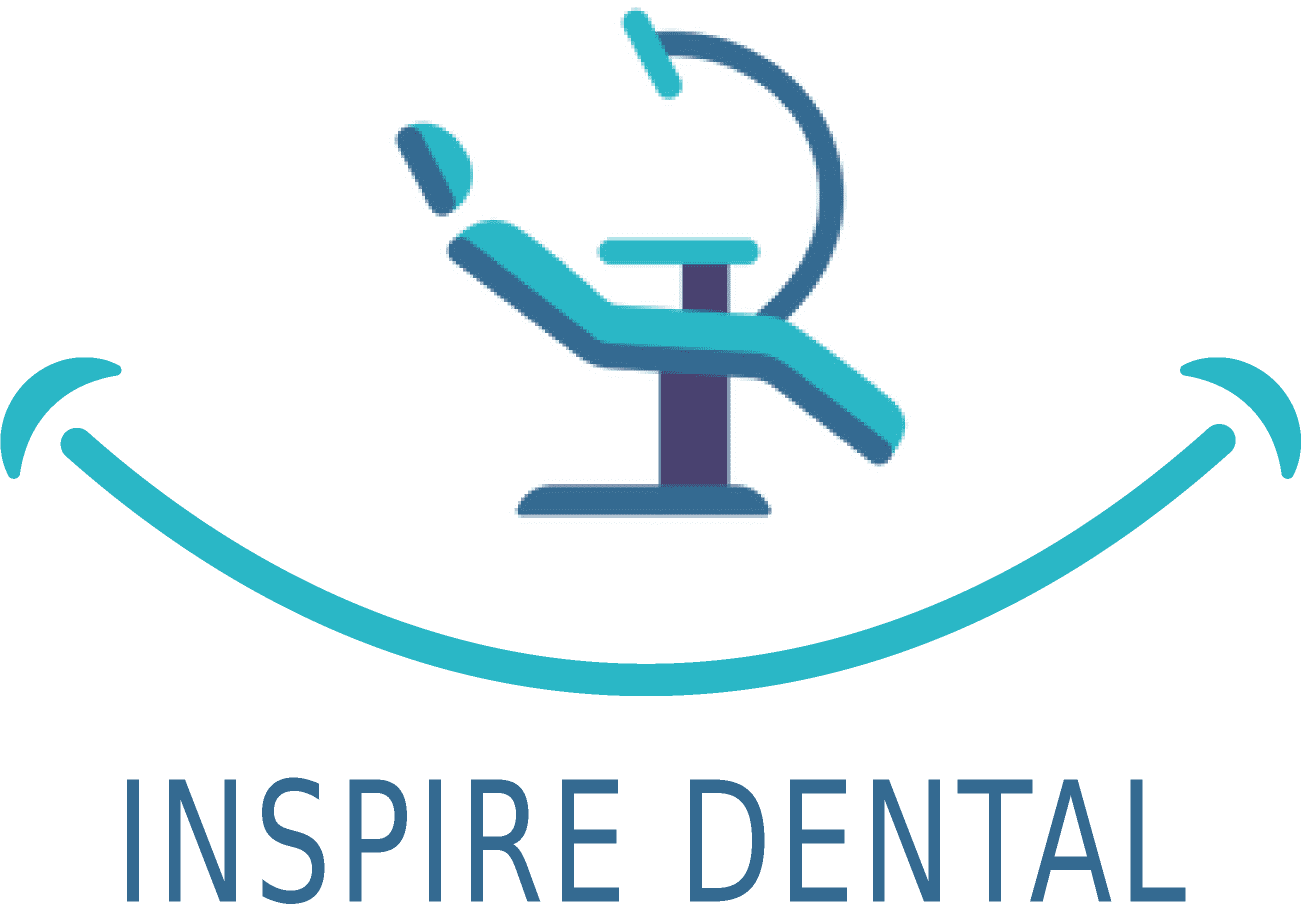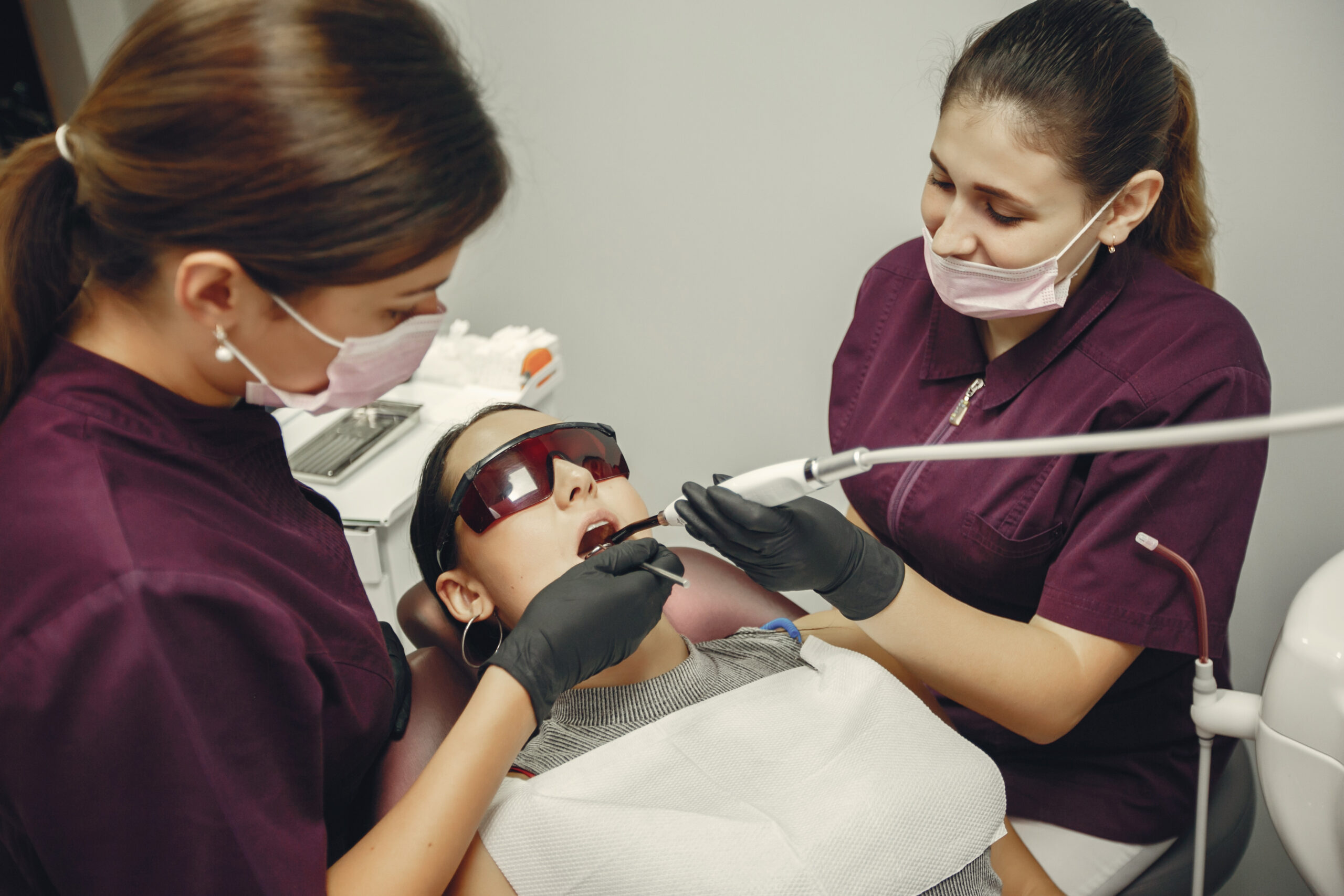General Anaesthesia for Dental Treatments: Safe and Painless Solutions in Brisbane
Dental treatments can be stressful, especially for patients undergoing complex procedures or those with heightened dental anxiety. Thankfully, advancements in modern dentistry, such as general anaesthesia, have made it possible for individuals to experience pain-free and comfortable dental care. At Inspire Dental in Brisbane, patients can undergo complex dental treatments without the fear of pain or discomfort. This article will explore the role of general anaesthesia in dental procedures, particularly its benefits and safety measures, and how it helps to ensure a seamless dental experience for all patients.
What is General Anaesthesia?
It is a medically induced state that renders a patient completely unconscious during a procedure, ensuring that they do not feel any pain. Unlike local anaesthesia, which only numbs a specific area, general anaesthesia affects the entire body. It is often administered through inhalation or intravenous drugs and allows the patient to sleep deeply, unaware of any pain, anxiety, or discomfort throughout the dental treatment.
How It Works:
- Unconsciousness: General anaesthesia induces a deep sleep-like state.
- Pain Prevention: It blocks pain signals from reaching the brain.
- Amnesia Effect: Patients won’t remember anything from the procedure.
- Muscle Relaxation: It provides full muscle relaxation, crucial for some dental surgeries.
For patients with high anxiety or undergoing complex dental surgeries, general anaesthesia offers a secure and effective way to eliminate pain and fear, ensuring that the dental procedure can proceed smoothly.
Dental Procedures That May Require General Anaesthesia
Certain dental treatments are more complex and require more extensive interventions than a typical filling or cleaning. General anaesthesia may be recommended in cases where the procedure is invasive, long, or involves multiple steps. Here are some of the dental procedures that typically warrant the use of general anaesthesia:
1. Surgical Extractions
When a tooth is impacted or severely damaged, a surgical extraction may be needed. This is common with wisdom teeth or teeth that have broken below the gum line. The complexity of the surgery and potential discomfort make general anaesthesia an attractive option for both the dentist and the patient.
2. Jaw Surgery (Orthognathic Surgery)
Corrective jaw surgery requires precise movements and extensive work on the bones of the jaw. Patients undergoing orthognathic surgery may require general anaesthesia to remain completely still and comfortable during the procedure.
3. Full Mouth Reconstruction
Patients undergoing multiple dental restorations or full mouth rehabilitation may be sedated using general anaesthesia. The lengthy nature of such procedures can be daunting, making general anaesthesia a preferred choice for ensuring comfort throughout.
4. Dental Implants
For patients receiving multiple implants or those with complex bone grafts, general anaesthesia can be used to ease the process. It’s often used when more extensive surgical steps are required.
Safety Protocols Followed at Inspire Dental
At Inspire Dental, patient safety is the top priority. General anaesthesia is a highly controlled and regulated process, and Inspire Dental follows stringent safety protocols to ensure that patients are in safe hands from the start to the finish of their treatment. Here’s a look at the key safety measures involved:
1. Pre-Assessment by an Anaesthetist
Before any procedure, a thorough health assessment is conducted by an experienced anaesthetist. The anaesthetist reviews the patient’s medical history, any underlying health conditions, and previous experiences with anaesthesia to create a personalized anaesthesia plan.
2. State-of-the-Art Monitoring
Throughout the procedure, patients under general anaesthesia are carefully monitored using state-of-the-art equipment. Vital signs such as heart rate, blood pressure, oxygen levels, and breathing are constantly tracked to ensure the patient’s well-being.
3. Qualified Anaesthetic Team
A team of highly qualified professionals, including an anaesthetist and support staff, oversees the patient’s anaesthesia and recovery. This ensures that patients are well cared for before, during, and after their treatment.
4. Emergency Preparedness
Although complications from general anaesthesia are rare, Inspire Dental is fully prepared for any emergency situation. The facility is equipped with life-saving equipment, and the team is trained to handle any unexpected issues swiftly and safely.
Benefits of General Anaesthesia for Nervous Patients and Complex Procedures
Offers a variety of benefits, especially for patients who might be fearful or anxious about dental treatments. Here’s how it helps create a more comfortable experience:
1. Reduced Anxiety and Fear
Patients who suffer from dental phobia or severe anxiety often avoid visiting the dentist, putting their oral health at risk. With general anaesthesia, these patients can undergo necessary treatments without any fear or stress, as they will be completely unconscious throughout the procedure.
2. No Pain or Discomfort
The biggest advantage of general anaesthesia is the complete elimination of pain during the procedure. Patients won’t feel any discomfort, regardless of the complexity of the treatment.
3. Ideal for Lengthy or Complicated Treatments
For more extensive treatments like multiple extractions, jaw surgery, or full mouth reconstructions, general anaesthesia allows patients to be sedated for several hours without interruption. It simplifies the process for both the patient and the dental team.
4. Better Precision for Dentists
With the patient fully sedated and their muscles relaxed, the dentist can focus on performing the treatment with precision, especially in cases requiring meticulous attention, like dental implants or surgical extractions.
5. Faster Treatment Completion
General dental anaesthesia allows the dentist to perform multiple procedures in one sitting, eliminating the need for separate appointments. This can reduce overall treatment time and provide faster relief for patients.
Conclusion: Inspire Dental’s Expertise in Providing Safe General Dental Anaesthesia
At Inspire Dental, we understand that the thought of undergoing complex dental treatments can be intimidating. That’s why we offer safe and effective general anaesthesia services to ensure that our patients can experience pain-free dental care. Our highly qualified team follows strict safety protocols and uses the latest technology to monitor patients throughout their treatment, ensuring comfort and safety every step of the way.
Whether you need a routine extraction or a more complex dental surgery, Inspire Dental in Brisbane is equipped to handle your needs with care and expertise. With our commitment to patient safety and comfort, you can rest assured that your dental procedure will be smooth, painless, and stress-free.
Frequently Asked Questions (FAQs)
1. Is general anaesthesia safe for dental procedures? Yes, when administered by qualified professionals, general anaesthesia is very safe for dental procedures. At Inspire Dental, we follow strict protocols to ensure patient safety throughout the process.
2. How long does it take to recover from general dental anaesthesia after dental treatment? Recovery times vary, but most patients wake up shortly after the procedure and can go home the same day. However, it may take a few hours to feel fully alert again.
3. Can children undergo general anaesthesia for dental procedures? Yes, general anaesthesia is sometimes used for children who need complex dental work or are too anxious to tolerate the procedure while awake. It is administered by a specialist trained in paediatric anaesthesia.
4. Will I feel any pain after the procedure once the anaesthesia wears off? Some discomfort or soreness may be felt once the anaesthesia wears off, depending on the type of dental procedure. Your dentist will provide post-treatment care instructions and may prescribe pain relief medication if necessary.
5. How do I prepare for general anaesthesia at the dentist? You will need to follow specific guidelines, such as fasting for a certain period before the procedure. Your anaesthetist will provide detailed pre-operative instructions based on your individual needs.
6. Who should consider general anaesthesia for dental treatments? General anaesthesia is ideal for patients with severe dental anxiety, those undergoing complex dental surgeries, or individuals with conditions that make it difficult to sit through a lengthy procedure.


No comment